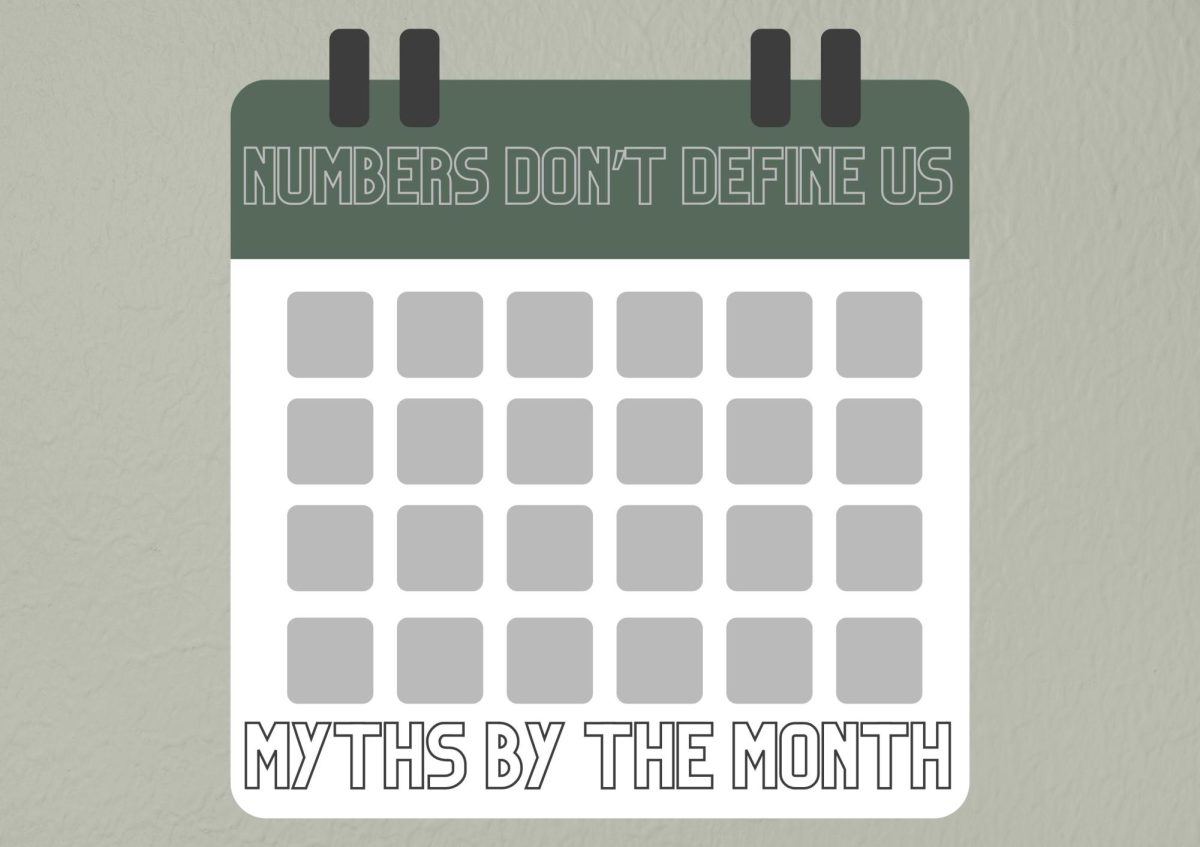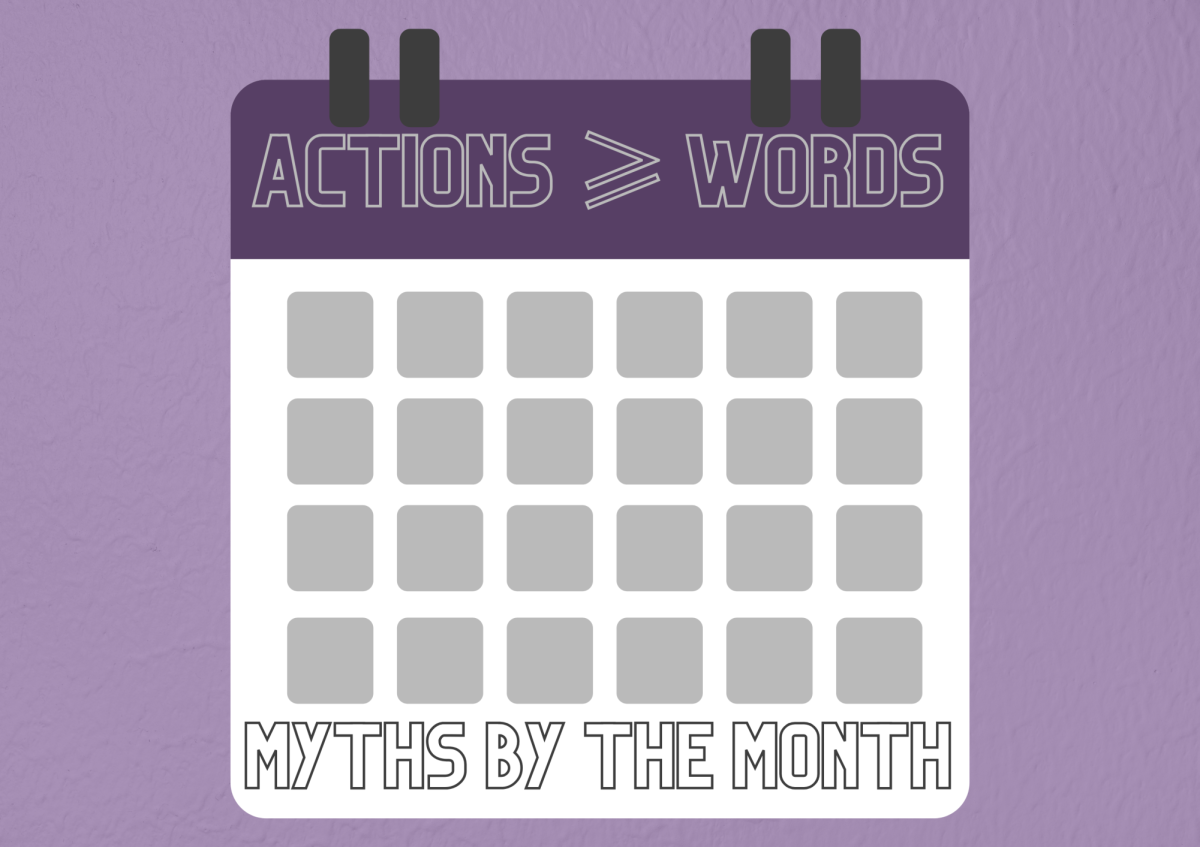One week – seven days.
That’s what I thought I had left with my grandpa the day he came home from the hospital. It was the day I learned how much numbers can mean to someone.
Five days.
That’s the number of days I actually got with my grandpa after he got home from the hospital.
Numbers are everywhere. As children, we learn numbers to count things like shoes, though that has now turned into numbers being something people use to define huge parts of their life. I have spent the past few years of my life stressing over my grades, to a point where I’d stay up late to study for a test because I was so scared of getting a lower grade. So many kids put their grades and their ranks above their own health, with school being the No. 1 source of stress for teenagers.
The idea of a “rank” is present in our lives every day, even in ways we don’t particularly recognize. The “it girl” mindset gives everyone a place in this ranking within a decided standard that people need to meet, whether it is beauty, weight or height. We, as a society, shouldn’t be comparing what a person eats, drinks or looks like based on these numbers. At least 14 million Americans suffer from an eating disorder — the third most chronic illness.
Eating disorders kill. Numbers kill.
Numbers aren’t always what they seem. Numbers cannot define our lives. They’re one of the first things we learn and one of the few things that never leave our lives, but that doesn’t mean they should define our entire being. With numbers always changing, we always want something else – a new number to “define” that part of our life.
I’d do anything for five more minutes with my grandpa, but I have to remember that his 84 years on this Earth were wonderful and more than many others often receive. I was promised seven days with him, but I only got five. But regardless of how many days he had left, he had still lived over 30,000 days.
Life can’t be defined by numbers and what-ifs because, at the end of the day, there will always be some other number we would rather have.










